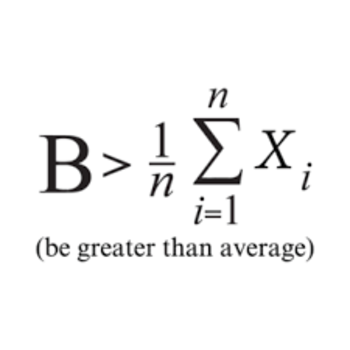What would be the kinetic energy?
What would be the kinetic energy of a 0.467 g raindrop if it fell 0.479 km without any resistance provided by air? ____J
What would be the kinetic energy of a 0.467 g raindrop if it fell 0.479 km without any resistance provided by air? ____J
2 Answers
Explanation:
First we must find out the velocity the raindrop has reached after falling that distance, 479 meters.
We know what the acceleration of free fall is:
And I guess we can assume that the drop was stationary at first, so its initial velocity,
The appropriate motion equation to use would be:
As we are not interested in time in this case. So let's solve for the velocity,
3 significant figures as that is what is given in the question. However, on a test, I would advise you to use the value that pops up on your calculator and plug in the entire value with all its decimals, and then round when you get to the final answer.
Anyway, lets put this velocity into the Kinetic energy formula, together with our mass. 0.467 grams is the equivalent of
Fortunately, in this case, the answer becomes the same even if you use all the decimals of
And we leave our answer to 3 significant figures as this was the least amount of digits given in the question.
Using the Law of Conservation of energy.
Kinetic energy gained by drop is equal to its loss of potential energy
Assuming that the drop falls from rest.
Change in PE of the drop
Inserting given values in SI units we get
#Delta KE= Delta PE=0.467/1000xx9.81xx(0.479xx1000)#
#Delta KE=2.19\ J# , rounded to two decimal places.

